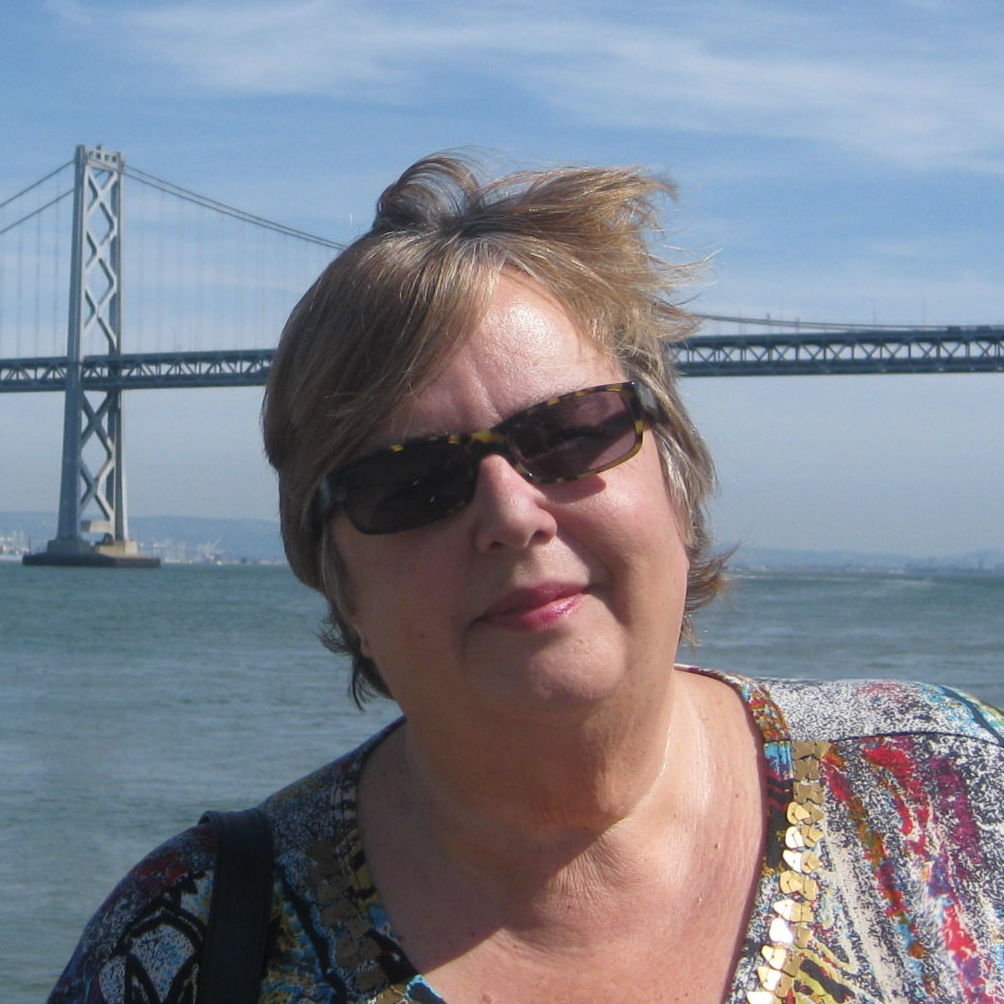For Nola Conway, president of Global Destinations Marketing, one of her company’s most memorable CSR programs took place in Phuket, Thailand, at on orphanage where many children had lost parents in the 2004 tsunami disaster. With the aid of a local DMC, Conway and her team were able to determine that the orphanage most needed medical supplies, food, sports equipment, computer software programs and clothing.
“We worked with a local DMC that was able to give us a budget of what it would cost to purchase the items in Thailand rather than ship them from the U.S.—it turned out to be much cheaper,” she said. “We took them to the orphanage and the children were able to join the group after their school ended. There was a lot of interaction between the children and the group, which to me is the key to success with CSR.”
Conway recently organized a program for an orphanage in Barcelona, Spain, involving an active group that broke into teams to complete certain chores for the orphanage. Each team had a captain who was well versed beforehand on what needed to be done.
“It was a full day starting with each team completing a certain task within a period of time,” she said. “Then there was a lunch with the children who were not in school and an afternoon farewell with a group picture. The participants left feeling very good about themselves and that they had contributed to a deserving organization.”
For Meredith Martini, CEO of PlayWorks, one of the most powerful CSR events centered on a teambuilding approach to creating birthday gift packages for a children’s shelter.
“We played games in which people earned the materials they needed to make the gifts,” she said. “A rep from the children’s shelter came to talk to the group and told us that some of the kids had never celebrated a birthday. People reached into their pockets and started writing checks. The competition fed into this, with each team upping the ante on how much they would contribute.”
Afterward, the corporate vice president decided to match what the team was contributing.
“You can’t plan for this, but when it happens you see the power of CSR,” she said. “People really do want to make a difference. Having a person from the shelter there is what really did it.”
For David Goldstein, creator of opportunities for TeamBonding, inspiration for a unique CSR program came from his brother, a clown performer who visits cancer patients who are children.
“We decided to create a new program for involving a pharmaceutical client and people who are undergoing cancer and chemotherapy,” he said. “The pharma company realized that their office employees never got to hear the success stories. So we connected them with patients who were using the drugs that the company provided.”
With TeamBonding’s Operation Cancer Care, the objective is to have fun while making a contribution to patients fighting cancer. Groups compete in a series of zany challenges that in the end will produce care packages to be delivered to chemotherapy patients nationwide through the Hope to Hospitals program or a charity of their choice. Teams are tested on how well they communicate and make decisions under pressure, and taught how to be creative collaboratively.
“It’s a win-win-win for every person involved,” Goldstein said. “To end the day, we’ll provide a short speech from a cancer survivor that makes it personal.”



